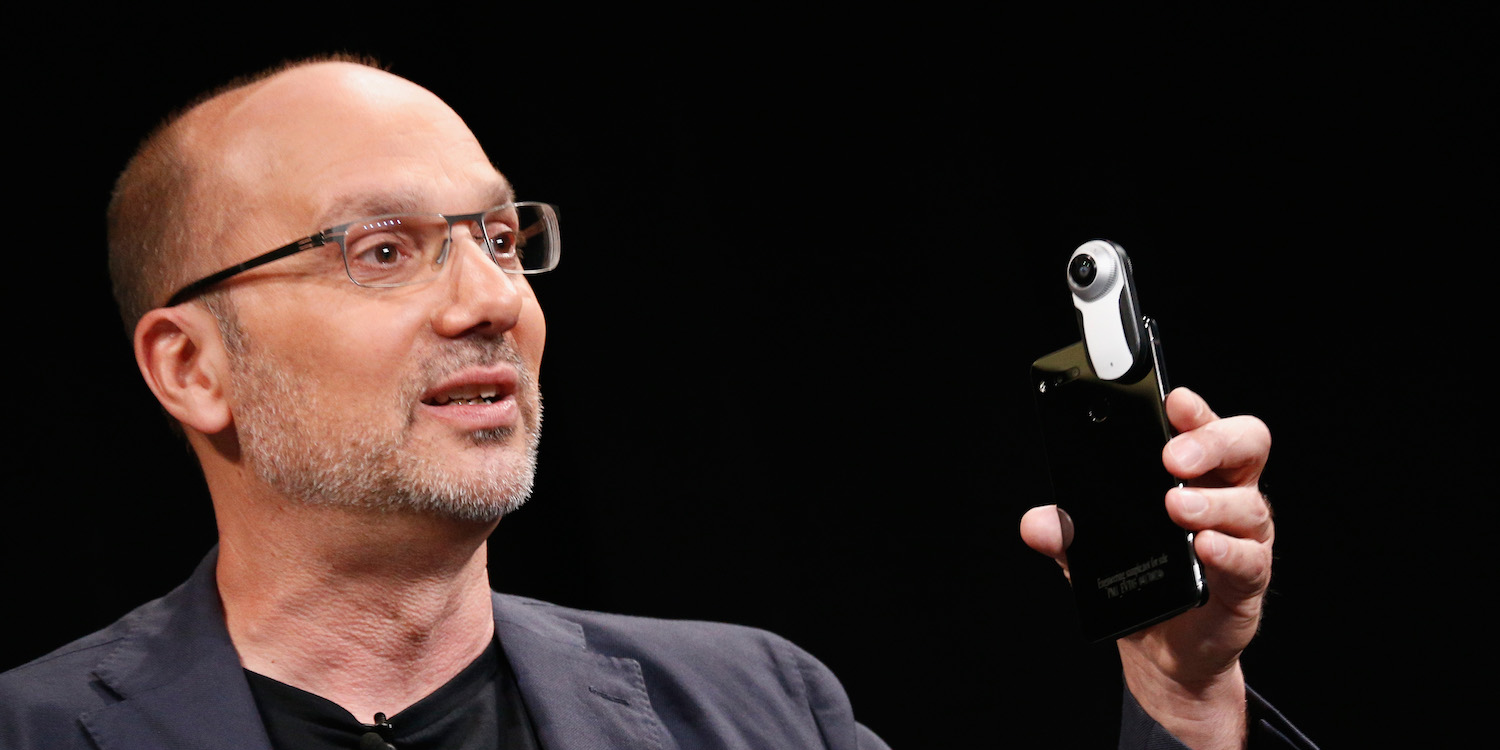Good morning! Here’s what you need to know in markets on Friday.
1. The Chinese yuan has fallen to the lowest level since May 2008, leading to a new wave of risk aversion across the Asian region. The US dollar compared to the onshore-traded yuan hit a high of 6.9642 in early trade on Friday, surpassing the previous high of 6.9603 set in early January last year. The ongoing weakening of China’s currency helps to keep the nation’s exports somewhat competitive when increasing numbers of its goods are being subjected to import tariffs by the Trump administration.
2. In the wake of a bombshell New York Times story detailing Android creator Andy Rubin’s departure from Google following a sexual misconduct investigation, CEO Sundar Pichai sent an email to Alphabet employees. In the memo, Pichai says that the company has fired 48 people for sexual harassment in the past two years, and claims that none of them received an exit package. He said that 13 of these people were senior managers or above.
3. Surveys of US businesses from the Federal Reserve and market-research firm Markit found widespread worries about escalating tariffs resulting from President Donald Trump’s trade war with China. Individual companies have started to tabulate the new costs they’re likely to incur from the tariffs – Tesla, 3M, Ford, and Harley-Davidson have said they’re expecting millions of dollars in costs.
4. Amazon on Thursday reported third-quarter earnings that were more than $2 a share better than analysts had forecast. But the company's revenue for the period was lower than expected, and it offered a disappointing revenue forecast for the fourth quarter. Investors sold off the stock, shares at one point plunged 9% lower in extended trading.
5. Two Sears board directors have hired investment bank Evercore to scrutinize deals that were led by former Sears CEO Eddie Lampert before the US retailer filed for bankruptcy protection, people familiar with the matter said on Friday. The deals, including separations of Sears' businesses and real estate, may come under examination in bankruptcy proceedings, with creditors claiming the transactions stripped the retailer of valuable assets.
6. The US economy likely slowed in the third quarter, held back by a tariff-related drop in soybean exports, but the pace probably remained strong enough to stay on track to hit the Trump administration's 3% target this year. Gross domestic product probably increased at a 3.3% annualized rate, according to a Reuters survey of economists. The Commerce Department will publish its snapshot of third quarter economic growth on Friday at 8:30 a.m. in Washington.
7. The United Nations on Thursday said journalist Jamal Khashoggi's murder "bears all the hallmarks of an extrajudicial execution" committed by the Saudi state. Speaking at a press conference, Agnes Callamard, the United Nations Special Rapporteur on Extrajudicial, Summary or Arbitrary Executions, said that those who masterminded Khashoggi's killing are "are high enough to represent the state."
8. Ethiopia elected its first female president. Sahle-Work Zewde was unanimously elected Thursday by the African country's lawmakers, CBS News reports. Sahle-Work Zewde, who has worked as a diplomat for several United Nations organizations, will take over for Mulatu Teshome, who resigned the presidency Wednesday.
9. Australia's former foreign minister Julia Bishop says direct and consistent pressure from Beijing effectively skewered any chance Canberra had of even striking up a conversation with Taiwan on a free trade deal. The startling concession highlights how Beijing is apparently comfortable exerting pressures at the very highest corridors of power to secure its interests.
10. Drought is expected to cut eastern Australia's crop production this year to less than half the average over the past 20 years, with New South Wales to be worst hit, the country's agricultural commodities forecaster said on Friday.

